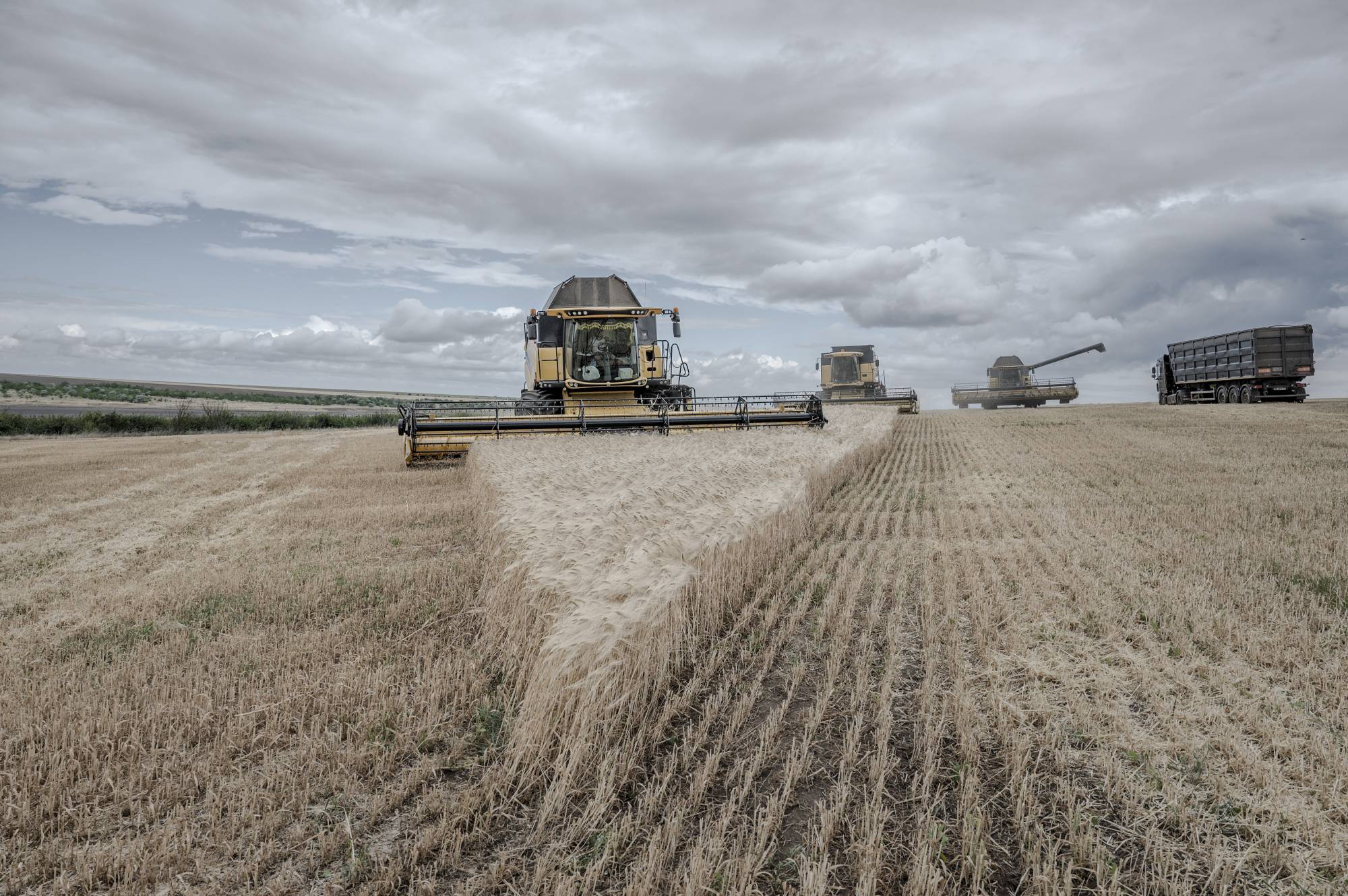[ad_1]
The administration of U.S. President Joe Biden’s robust relationship with Taiwan, a cornerstone of Washington’s Indo-Pacific policy, will be tested by a referendum that looks set to inflame a decades’ old trade spat with the U.S.
Taiwanese citizens will vote Saturday on four questions around energy policy, environmental protection, regulations governing future referendums and trade. The topic that poses the biggest worry to officials in Taipei and Washington is whether the government should reimpose a ban on imports of pork containing trace amounts of the feed additive ractopamine.
A “yes” result would present President Tsai Ing-wen with a dilemma: conform to the people’s will and potentially anger Taiwan’s most important political and military backer or keep the doors open to U.S. pork and risk a domestic political backlash less than a year before key regional elections.
Maintaining Washington’s support is particularly important as Beijing ramps up a pressure campaign on the democratically ruled island that the Communist Party considers a breakaway territory despite never having ruled it.
The referendum debate is split along political lines. Tsai’s Democratic Progressive Party opposes all four proposals, while the main opposition Kuomintang is in favor of them.
Keep ractopamine pork out?
Voters will be asked if the government should reimpose a complete ban on imports of pork and pig offal containing ractopamine. While that feed additive is banned in many places including China and the European Union, many U.S. pork producers still use it to promote the growth of lean meat.
For decades, the U.S. had been pushing Taipei to open its market to pork containing ractopamine, saying Taiwan’s ban was the biggest impediment to a bilateral free trade agreement.
In an effort to nudge the U.S. toward starting formal trade talks, Tsai overturned the ban last year, triggering fierce debate in Taiwan about concerns the drug can harm people who consume meat raised with it. Since the ban was lifted, however, sales of U.S. pork to Taiwan have plunged to their lowest since 1998. The negative publicity in Taiwan has made it an unpalatable option for consumers and therefore importers.
The Tsai administration is urging the public to reject a new ban, saying the move is in Taiwan’s best interests as it’ll boost its trade relations with the U.S.
“Everyone’s watching to see if Taiwan is standing with the rest of the world,” Tsai wrote in a Facebook post on Sunday. “If we don’t get through this, Taiwan’s economy will return to being locked together with China’s. We can’t go back.”
The latest opinion polls indicate the government is heading for defeat, with 55% of the public saying they favor reinstating the ban, according to a survey by the Taipei-based TVBS poll center last week. Only 33% said they were against it.

Bring back nuclear power?
Voters will decide whether Taiwan should activate the Lungmen Nuclear Plant that was almost completed but then mothballed in 2014 due to rising anti-nuclear sentiment in the wake of the Fukushima disaster three years earlier.
Nuclear power has long been a dividing line between Taiwan’s main political parties. Tsai’s DPP, staunchly anti-nuclear since its inception in the 1980s, has pledged to phase out atomic energy by 2025. The opposition KMT and industry groups, however, argue that Taiwan needs it to meet manufacturers’ surging power requirements amid a boom in global demand for Taiwanese products.
Reef versus LNG?
The referendum will also seek voters’ opinion on whether the state-controlled energy company CPC Corp. should move a planned $2 billion liquefied natural gas (LNG) import terminal from its proposed location beside a 7,000-year-old algal reef on Taiwan’s northern coast.
Environmental activists have criticized the damage the project will cause the reef and its nearby ecosystem. But the government insists increasing LNG imports is crucial to reducing the economy’s reliance on coal while phasing out nuclear energy. Officials have offered to move the terminal almost 500 meters offshore, a compromise that would likely delay completion of the project by 2.5 years.
When Is the right time?
The fourth issue on the ballot is an administrative one: should referendums be held in conjunction with national elections if a referendum proposal is accepted by the Central Election Commission less than six months ahead of an election.
What happens next?
Nearly 20 million people are eligible to participate on Saturday. Opinion polls show voters are close to evenly split on the two energy questions but that the public is likely to vote “yes” on the pork ban and changes to when referendums can be held.
The Referendum Act dictates the government must take the “necessary disposition to realize the content” of the referendum, so Tsai could be forced to deliver a rebuff to the U.S. just as Beijing is stepping up military pressure on the island.
In a time of both misinformation and too much information, quality journalism is more crucial than ever.
By subscribing, you can help us get the story right.
SUBSCRIBE NOW
[ad_2]
Source link


















